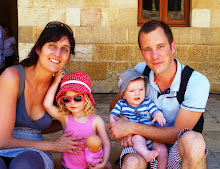Grande Bretagne, English, 1990
Main actors: Frances McDormand, Brian Cox and Brad Dourif
Prix Special du Jury, Cannes 1990
Hidden Agenda depicts an investigation into the murder of an American civil rights activist in Northern Ireland by the police while driving in the company of a Provisional Irish Republican Army sympathiser.
A conspiracy is gradually revealed involving a successfulCentral Intelligence Agency plot to influence the 1987 UK General Election and keepMargaret Thatcher in power, and previously to get Margaret Thatcher electedConservative Party chairman over the ex-PM Edward Heath and beat Labour in 1979 through alliance with MI6 distributing black propaganda about communists influencing strikes in the 1970s and Heath's infidelities.
Although fictional, the film was inspired by the investigation into the Royal Ulster Constabulary's alleged "shoot to kill policy". Cox's character represents John Stalker, the leader of that investigation. An undercover unit of the Royal Ulster Constabulary claimed to be involved in the killings, is mentioned briefly in the film.








